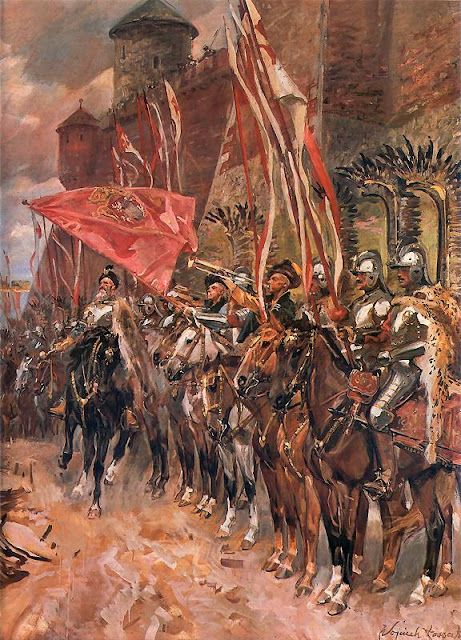I have just begun to read "The Song of Hellas", by Dr. Michael A. Soupios, a Professor of Political Philosophy at the C.W. Post Campus of Long Island University. Simply put, the endeavor of his work is to resurrect an interest in Ancient Greek culture by pointing out the great debts we Westerners owe to them.
While displaying great acumen on this subject, and able to express himself very clearly with an impressively varied vocabulary, I have discovered a dissonance in his intellectual tune. He begins the text by treating the heroic tradition of the pagan Greeks as expressed in Homer's Iliad, and gives great latitude by considering Achilles, Agamemnon, Menelaus, Patroclus, Hector and the lot to be real, historical figures, and not creations of generations of poets. Yes, there is good evidence for the historical occurrence of this war, he says, and goes on to summarize the archaeological investigations made towards discovering old Troy. He even relies upon ancient sources for a favorable conclusion about the Trojan War's historicity.
However, when treating the Miletian philosophers Thales, Anaximander and Anaximenes, he suddenly develops a very critical attitude, especially when it comes to determining what they really meant. He automatically suspects the reflections which Aristotle, for example, made upon the thoughts of these three as somehow harmful to their original conclusions; that Aristotle had them address complex questions which they themselves would not have been in a position to even ask. However, he feels quite comfortable offering his own opinions, very clearly, I might add, from a "twentieth-century, I know better than the ancients" attitude.
Did not Aristotle live very soon after these three, relative to our author's own life span? Would not Aristotle have been in possession, possibly, of their original texts, and therefore have been in a much better position to comment upon the whole? By comparison, how do we know whether the version of the Iliad which we possess is true to the original which Homer recited? Why no criticism here?
I believe the answer lies in the fact that the Iliad has little or no effect upon our present-day culture, while the scientific implications arising from the Miletian philosophers very much do. Or, we might say that because Thales and company began to hint at empiricism as the ultimate proof of the validity of a scientific answer to a question, and because we ourselves have become slaves to empiricism - denying the status of science to theology and the various philosophies - we automatically demand such empirical proof about the writings of the Miletians themselves.
I believe Professor Soupios has fallen victim in this instance to this falsely dichotomous mode of thinking. On the one hand, he seems to freely accept various traditions about the historicity of the Trojan War and its players as told by ancient commentators, while on the other, he adopts a very critical attitude to the traditions about the Miletians as handed on by Aristotle and other later philosophers.
Food for thought (for those who care).
mercredi 19 mai 2010
Inscription à :
Publier les commentaires (Atom)

Aucun commentaire:
Enregistrer un commentaire